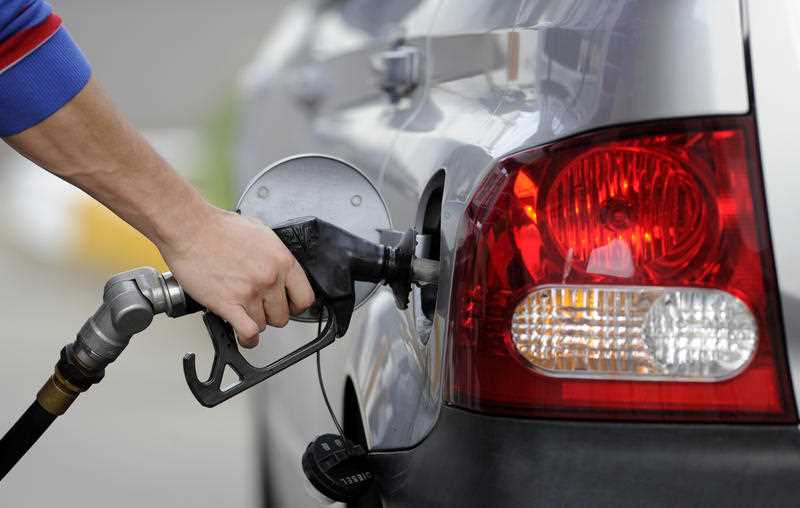The consumer watchdog will be on the lookout for unnecessary price hikes as the fuel excise is reinstated in full later in the month.
The reintroduction of the tax will see motorists pay an extra 25 cents per litre, including GST and indexing to inflation, from September 29.
The Australian Competition and Consumer Commission says it won’t hesitate to act against anti-competitive behaviour.
“We will shortly be engaging with fuel wholesalers and retailers to say we do not expect to see uncharacteristic or abnormal wholesale and retail price increases in the days leading up to, and on the day of, or after, the reintroduction of the full rate of fuel excise,” chair Gina Cass-Gottlieb said.
The regulator also warned petrol stations against false and misleading statements to consumers about why prices were increasing.
Ms Cass-Gottlieb said the maximum penalty for retailers providing misleading pricing information was $10 million, if legal proceedings were taken.
The ACCC also released its quarterly report on fuel prices, which shows the fuel tax did cushion customers at a time of “record and rising wholesale prices”.
However, in real terms, petrol prices in the June quarter were the highest since the September quarter in 2008.
The report also shows prices had “come down quite a lot” since July due to increased supply, lockdowns in China and a worsening global economic outlook.
Petrol prices fell by 4.4 cents last week, to a national average of $1.72 a litre, according to Australian Institute of Petroleum data. This follows two consecutive weeks of increases.
Fuel prices fell across most capital cities except Adelaide and Canberra.
Rather than calling for the tax cut to be extended, the NRMA wants it phased out and replaced with a more “progressive and equitable” road user charge model.
This would see motorists initially charged a tax based on the distance they travel, plus caps on charges to “ensure cost neutrality”.
“Once established, a road user charge should evolve to consider further use factors to improve equity and road network efficiency, including location, time of day and vehicle type,” NRMA membership and motoring chief Emma Harrington said.
The body said the fuel excise penalises regional and remote drivers without public transport options and unfairly hits struggling families unable to afford to upgrade to more fuel-efficient cars.
The NRMA does not want the road user charge to become a barrier to EV uptake. In the past, it has supported policies that hit low emissions vehicles with road user charges only once they make up at least 30 per cent of new car sales.
Despite pressure to extend the tax cut to relieve pressure on household budgets, the government says it’s too expensive to keep.
Prime Minister Anthony Albanese described it as a “difficult decision”.
“If prices rise … of course, it has an impact but that has been factored in by the economic analysis,” he told ABC Radio.
“We have to make decisions based upon what we can afford and we have $1 trillion of Liberal Party debt.”
The Reserve Bank is tipped to raise rates by at least 50 basis points on Tuesday, further pinching household budgets.
Mr Albanese said he maintained full confidence in the Reserve Bank’s management of inflation.
Leader of the opposition in the Senate, Simon Birmingham, did not push for an extension of the fuel excise tax cut because oil prices had fallen.
“(The fuel excise cut) was designed at the time to deal with spikes in oil prices. And some of those spikes have come off now,” he said.
In March, his government halved the fuel excise by 22 cents for six months in response to soaring fuel prices.
By Maeve Bannister, Tess Ikonomou and Poppy Johnston in Canberra
Get local, national and world news, plus sport, entertainment, lifestyle, competitions and more delivered straight to your inbox with the Canberra Daily Daily Newsletter. Sign up here.



